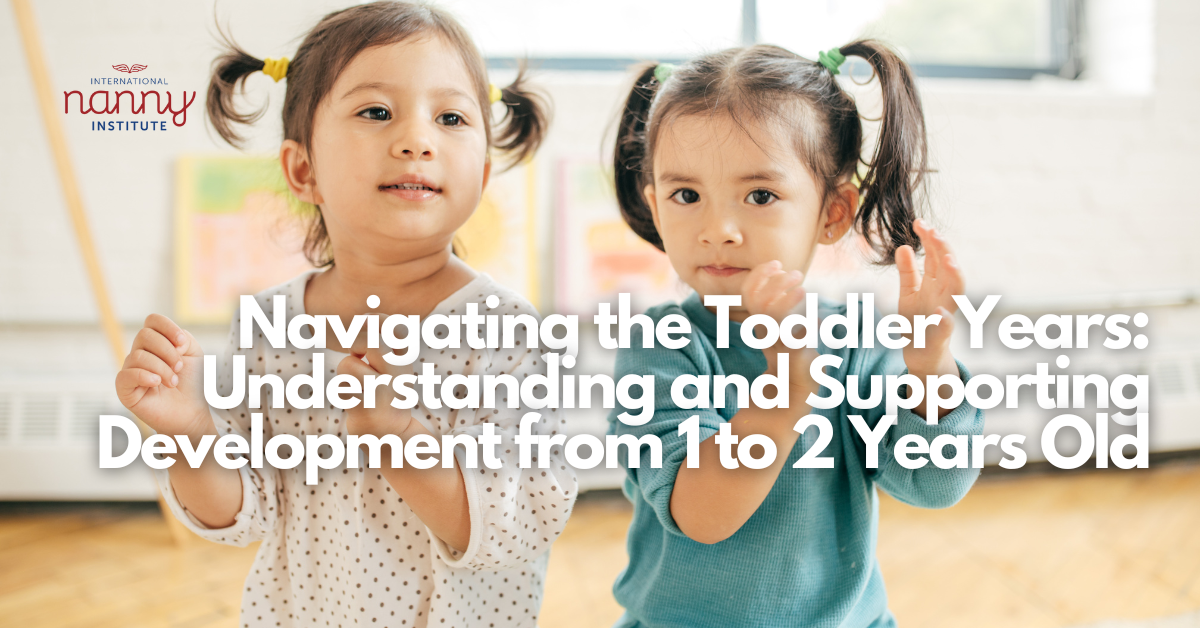Helping Children Reduce Social Anxiety
Social anxiety is a prevalent mental health condition that affects millions of children worldwide. It can be challenging for children to cope with social situations and interaction with other children, which can lead to negative outcomes such as avoiding social situations, low self-esteem, and a lack of confidence. Nannies can play a critical role in helping young children reduce social anxiety through various methods. This article aims to explore those methods, highlight the benefits of reducing social anxiety in children, and provide nannies with the tools and techniques they need to help their charges overcome their fears.
Understanding Social Anxiety in Children

Social anxiety is different from shyness, which is a mild and temporary form of social inhibition. Social anxiety is a persistent and intense fear of social situations that can severely impact a child’s quality of life, academic performance, and mental wellbeing. It can manifest itself in a variety of ways, including avoiding social events, clinging to parents, excessive shyness, and physical symptoms such as sweating or trembling.
Social anxiety in children can be caused by a variety of factors, including genetic predisposition, traumatic experiences, overprotective parenting, and bullying. It is essential to understand that social anxiety is a treatable condition, and early intervention is critical to successful treatment.
How Nannies Can Help
Nannies can be instrumental in helping children overcome their social anxiety by creating a safe and supportive environment, providing opportunities for social interaction, and teaching coping mechanisms.
Creating a Safe and Supportive Environment
Children with social anxiety can benefit from a predictable and stable routine. Nannies can help create a nurturing environment by maintaining a consistent daily routine, providing clear expectations and boundaries, and offering emotional support. Nannies can also help by providing encouragement and positive reinforcement, which can be powerful tools in building a child’s confidence.

Providing Opportunities for Social Interaction
Exposure therapy is a common treatment for social anxiety. Nannies can provide a safe and controlled environment for exposure therapy by providing opportunities for social interaction. This can be accomplished in a variety of ways, such as playdates with peers, outings to the park, or participating in group activities. It is important to start small and gradually increase the intensity of social exposure over time.
Teaching Coping Mechanisms
Nannies can teach children coping mechanisms that can help them manage their anxiety in social situations. This can include deep breathing techniques, positive self-talk, and mindfulness exercises. Nannies can also help children reframe negative thoughts and beliefs by challenging their negative self-talk and teaching them to focus on their strengths and positive attributes.
Benefits of Reducing Social Anxiety in Children
Reducing social anxiety in children can have significant benefits for their mental wellbeing, academic performance, and overall quality of life. Some of the benefits of reducing social anxiety in children include:
Improved Academic Performance
Social anxiety can impact a child’s ability to concentrate and learn effectively. By reducing social anxiety, children can focus better, participate more in class, and achieve higher academic success.
Increased Self-Esteem and Confidence
Children with social anxiety often struggle with low self-esteem and confidence. By reducing social anxiety, children can develop a stronger sense of self-worth and confidence in their interactions with others.
Improved Social Relationships
Children with social anxiety often struggle with making and maintaining friendships. By reducing social anxiety, children can develop stronger and more meaningful social relationships with their peers.

Reduced Risk of Developing Other Mental Health Conditions
Social anxiety can increase the risk of developing other mental health conditions such as depression, anxiety disorder, and substance abuse. By reducing social anxiety in children, the risk of developing these conditions can be reduced.
Social anxiety can be a challenging and debilitating condition for children. It is essential to identify social anxiety early and provide children with the tools and support they need to manage their anxiety effectively. Nannies can play a vital role in reducing social anxiety in children through creating a safe and supportive environment, providing opportunities for social interaction, and teaching coping mechanisms. By reducing social anxiety in children, they can improve their academic performance, increase their self-esteem and confidence, develop stronger social relationships, and reduce the risk of developing other mental health conditions. Nannies are critical in ensuring that children have the best opportunity to live their lives to their fullest, and the reduction of social anxiety is an important part of that mission.
To find out more about supporting children experiencing issues like anxiety or depression, you can check out our course, Dealing with a Crisis, which explores a range of more complicated issues. It also discusses and guides nannies on how to navigate these complicated situations in a safe and effective way. Do you want to be prepared to support your charges through any event that could come your way? If so, visit us at www.international-nanny.institute to find out more.









